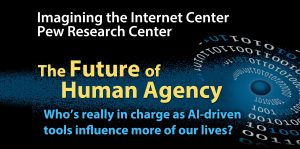This is a pressing issue in today's information overload era, where anyone with an internet connection can publish content, making it difficult to discern between fact and opinion.
Media literacy and critical thinking are essential tools in navigating this complex landscape. Fact-checking websites, like PolitiFact or Snopes, can help verify the accuracy of claims made in articles. Also, examining the sources quoted in a given article or news piece and cross-referencing them against other reputable media outlets can be beneficial.
Additionally, we should be cautious of the platforms we consume our news from. Reputable media organisations, which uphold ethical journalism standards and have a track record of accurate reporting, should be favoured. Supporting independent fact-based journalism, produced by professional journalists, is crucial.
It's also vital to acknowledge the bias. News outlets are not always explicit about their ideological leaning, so understanding their perspective and biases, whether explicit or implicit, can help us gauge the information we consume.
Lastly, diversifying our news sources and being mindful of our consumption habits is key. Relying on multiple reputable outlets and avoiding echo chambers can provide a more holistic view of the world, helping us separate fact from opinion.
These strategies, while not foolproof, are steps we can take to stay informed and be discerning in this age of information abundance.

